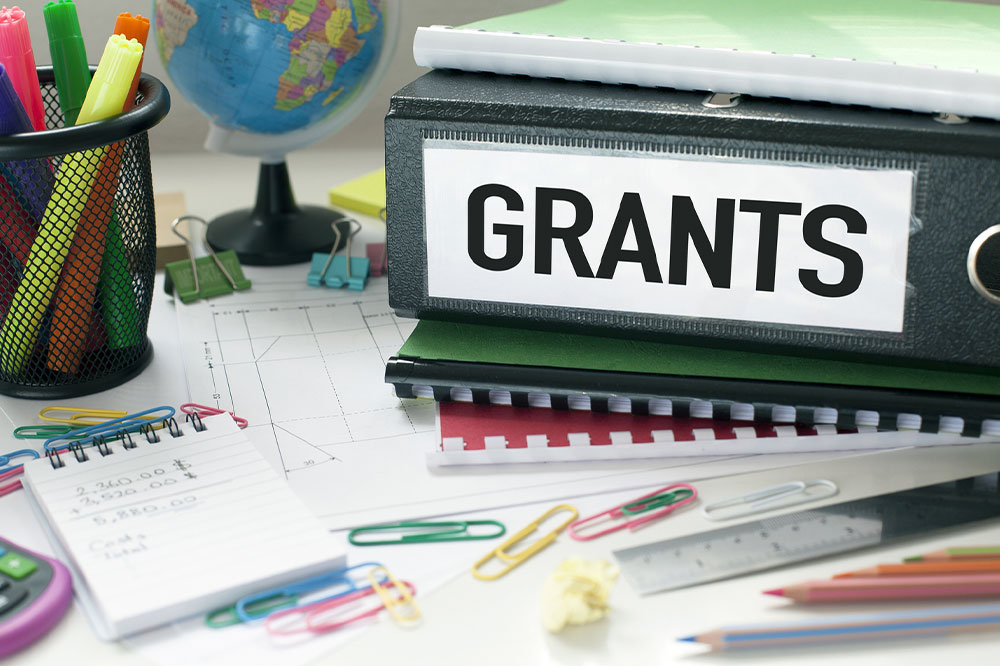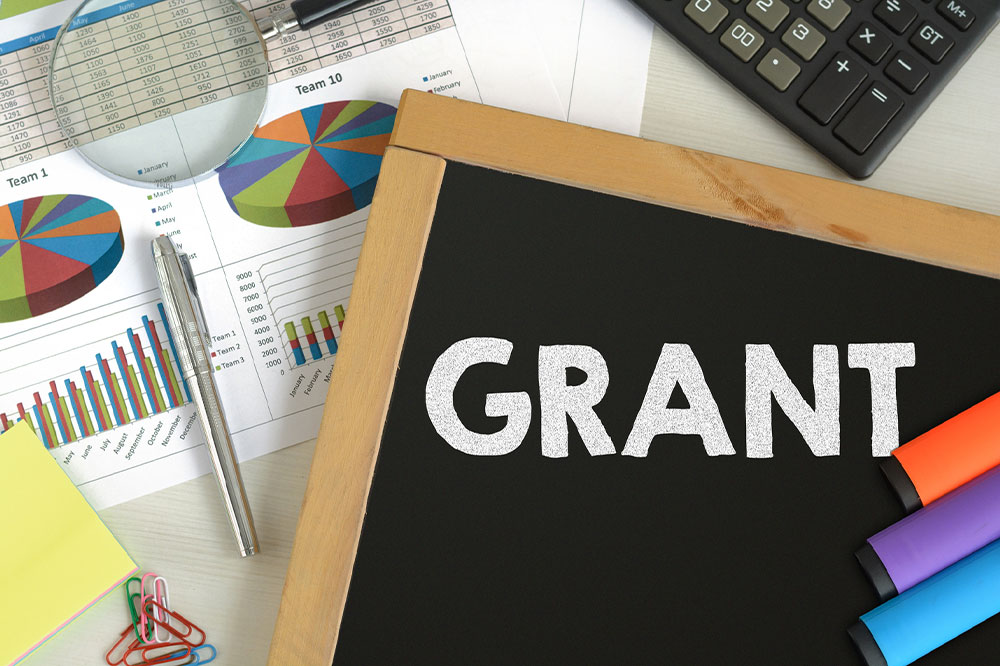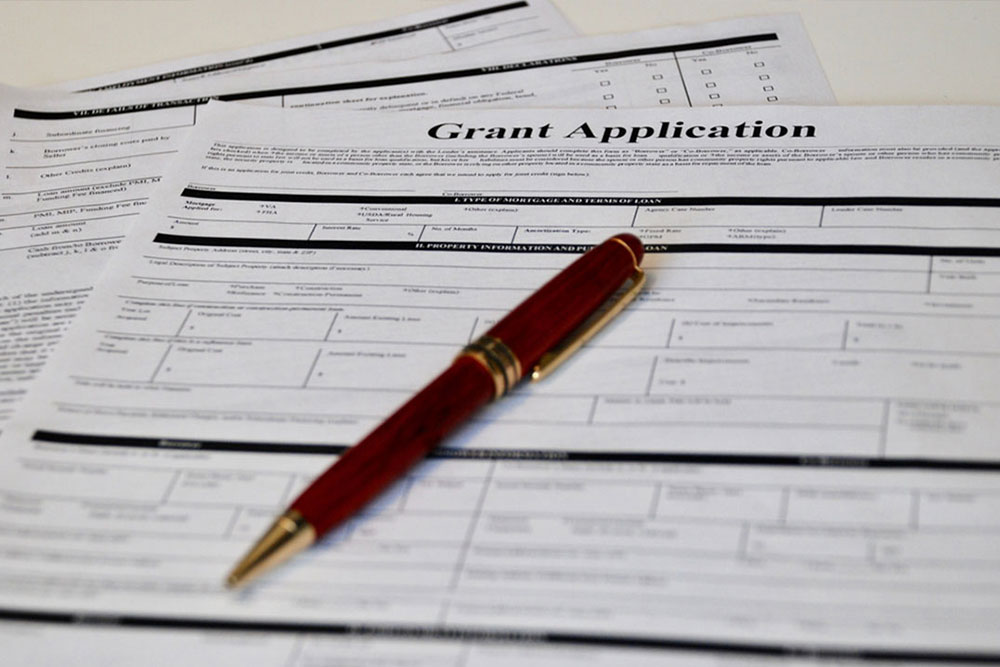Comprehensive Guide to Government Financial Assistance for Paying Bills
This guide offers detailed insights into government assistance programs for paying bills, including food, housing, utilities, and education. It explains eligibility, application processes, and the types of aid available to help low-income individuals and families manage financial hardships effectively.

Comprehensive Guide to Government Financial Assistance for Paying Bills
Financial hardships are a common challenge, leading many to struggle with mounting bills and expenses. Understanding the available government aid options can make a significant difference. Grants provided by the government help individuals cover essential costs such as rent, utilities, food, and home improvements. This article explores various federal programs, eligibility requirements, and application procedures that can provide much-needed relief during tough financial times.
Do government grants assist with bill payments?
Yes, the government offers grants mainly targeted at low-income individuals to help cover bills and essential expenses. These grants are distributed through federal and state agencies, often with specific eligibility criteria to ensure aid reaches those in need.
Various government programs extend financial help for different needs, including food, housing, utilities, and more. Eligibility often depends on income level, household size, or special circumstances.
Food Support Programs
The government offers nutritional assistance through programs such as SNAP (food stamps), D-SNAP, and WIC for women, infants, and children. Free or subsidized meals are also provided at schools and during summer breaks. Seniors over 60 can access special food assistance programs to ensure proper nutrition.
Housing support includes emergency shelter, rent assistance, and protections against eviction or foreclosure. The Making Home Affordable program provides free counseling, while HUD-approved agencies assist with foreclosure prevention. Low-income families and veterans can benefit from rental vouchers like Section 8 and programs tailored to their needs.
Utility and Home Improvement Aid
The Low Income Home Energy Assistance Program (LIHEAP) helps cover heating and cooling bills, weatherization, and emergency energy crises. Additionally, the Weatherization Assistance Program (WAP) supports energy-efficient home improvements for eligible households.
Students facing college expenses can access grants like the Pell Grant, which provides financial aid to those with limited income. Other support includes discounts on telephone and internet services through programs like Lifeline and assistance through TANF (Temporary Assistance for Needy Families).
Applying for Government Loans
While grants do not require repayment, government-backed loans do. These loans can help with education, housing, or business needs but must be repaid with interest. Common options include VA loans, USDA loans, and FHA loans. Applicants can verify eligibility and apply via official channels like GovLoans.gov. Loan interest rates vary based on credit scores and other factors, typically ranging from 6% to 36%.










